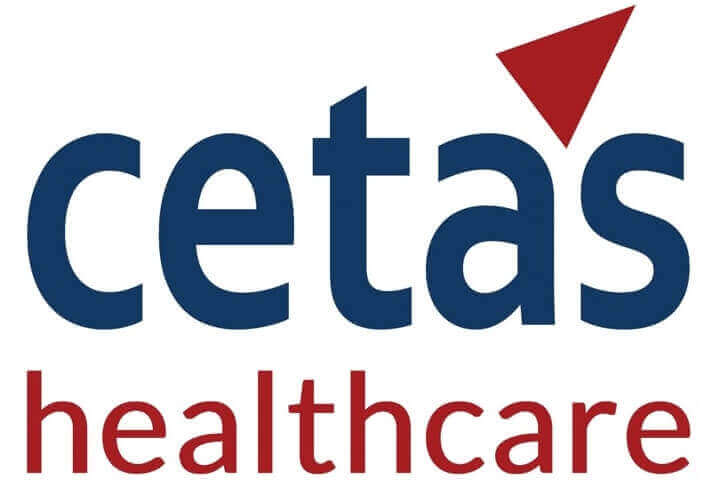X
Cetas Healthcare offers comprehensive clinical and regulatory services to assist medical device companies in meeting international standards. Our capabilities include developing robust clinical strategies, executing PMCF surveys, and strictly adhering to EU MDR and ISO 14155 guidelines.
Collaborate with Cetas Healthcare, a trusted partner, to successfully guide your medical devices through the complex global regulatory environment, ensuring market access and success.




Navigating the complex regulatory landscape requires a strategic approach. We work with you to create customized regulatory plans, guaranteeing that your medical device complies with all the necessary standards. We prepare and submit important paperwork, ensuring smooth communication with regulatory agencies to speed up product approvals.
Compliance with international quality standards is crucial. Our expertise lies in designing and executing Quality Management Systems that suit your organization’s requirements. This includes creating standard operating procedures, conducting internal audits, and ensuring your processes align with the latest regulatory requirements.
Maintaining the safety and performance of your devices post-market is essential. We offer services such as complaint handling, adverse event reporting, and the development of Post-Market Surveillance Reports. Our team also designs and executes Post-Market Clinical Follow-up plans to assess device performance and patient safety continually.
Staying informed about regulatory changes is vital for strategic planning. We provide insights into global regulatory trends, conduct impact analyses on your product portfolio, and offer strategic advice for market entry and expansion. Our services ensure you remain compliant and competitive in the evolving medical device landscape.

Founder & Chief Executive Officer
22 years in MedTech
Medical Technology and Life Sciences
Sumit is the founder of Cetas Healthcare and comes with a strong track record in Medical Technology...

Head of EU MDR Compliance
10 years in Healthcare Research
Medical Technology, Life Sciences
Prem is a PMCF manager at Cetas Healthcare and has several years of experience in...
Clinical surveys provide valuable data on device performance, safety, and user experience, supporting regulatory submissions and ongoing compliance with standards like ISO 14155 and EU MDR.
The transition introduces stricter regulatory requirements, focusing on post-market surveillance, clinical data transparency, and risk management, impacting product classification and documentation.
Post-Market Clinical Follow-up (PMCF) surveys gather real-world evidence on device performance post-launch, ensuring ongoing compliance with safety and efficacy requirements under EU MDR.
A CIP outlines the methodology for clinical trials, including study objectives, design, and data collection methods, ensuring that the generated evidence meets regulatory standards.
Regulatory strategy involves planning and executing activities to obtain product approvals, manage risk, and align with international standards, expediting market access and reducing compliance risks.
A robust QMS ensures that all processes, from product design to post-market activities, are documented and controlled, minimizing risks and maintaining product quality and regulatory compliance.
PMS monitors the safety and effectiveness of devices after market launch, identifying potential risks, collecting adverse event data, and supporting ongoing regulatory compliance.
Regulatory intelligence involves monitoring regulatory updates, assessing their impact on existing products, and developing proactive strategies to address new compliance requirements.
ISO 14155 provides guidelines for the design, conduct, and documentation of clinical investigations, ensuring data integrity, patient safety, and alignment with regulatory expectations.
Effective complaint handling ensures timely identification of potential risks, documentation of incidents, and initiation of corrective actions to maintain device safety and regulatory adherence.
Long-term clinical data provides critical insights into how medical devices perform over extended periods, revealing trends in device reliability, potential safety concerns, and variability in patient responses that may not be apparent in short-term studies.
It enables ongoing assessment of potential safety issues that may arise with prolonged use, helping to identify adverse events or device degradation that could impact patient outcomes.
Clinical surveys are essential for gathering data at regular intervals, capturing patient-reported outcomes, and identifying changes in clinical status, thereby providing a comprehensive view of device performance over time.
We provide the best insights for your business
